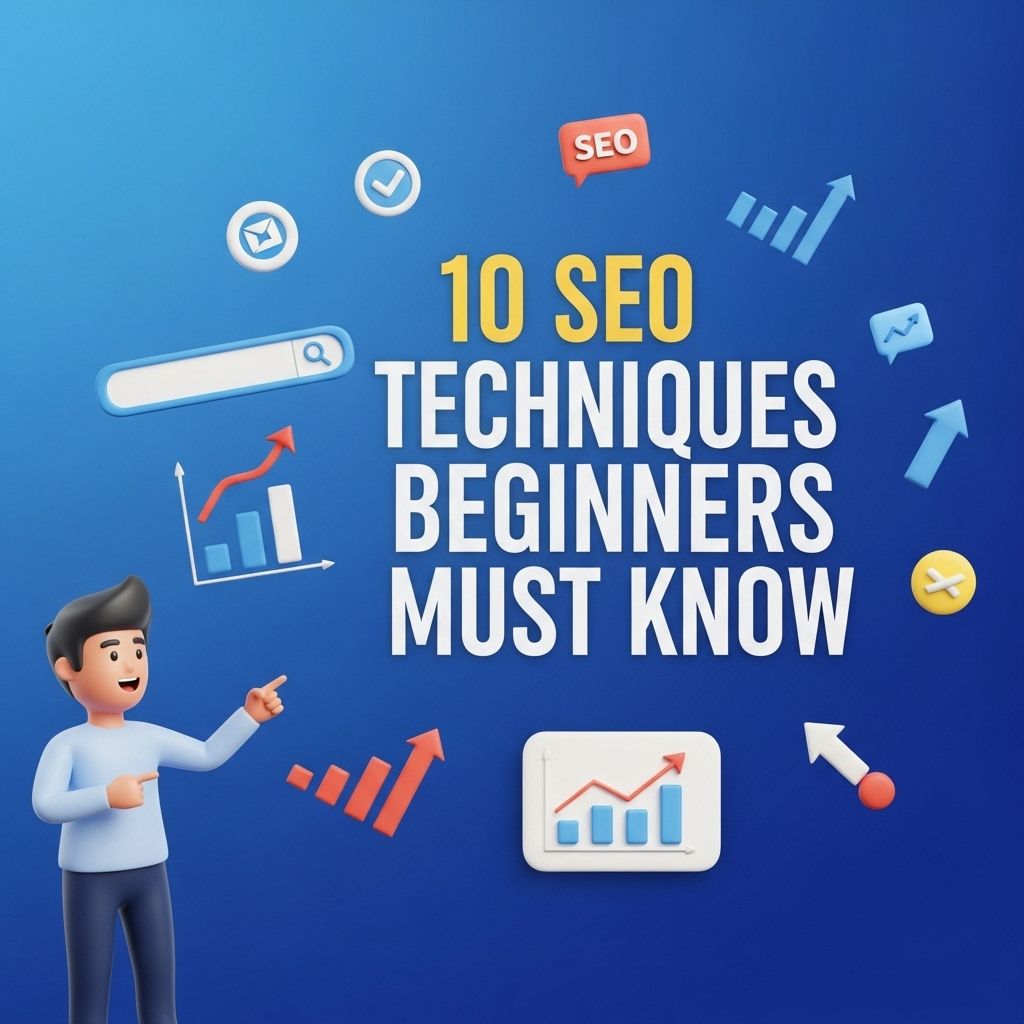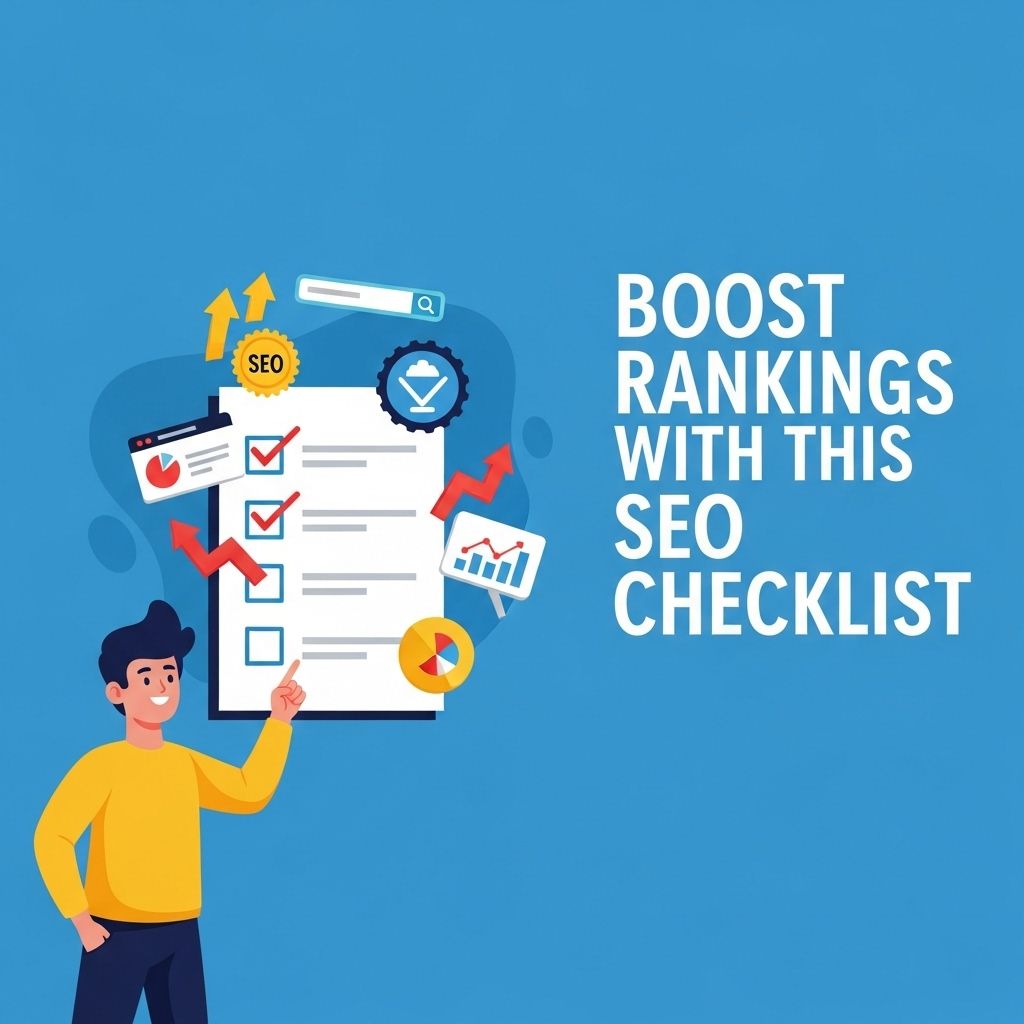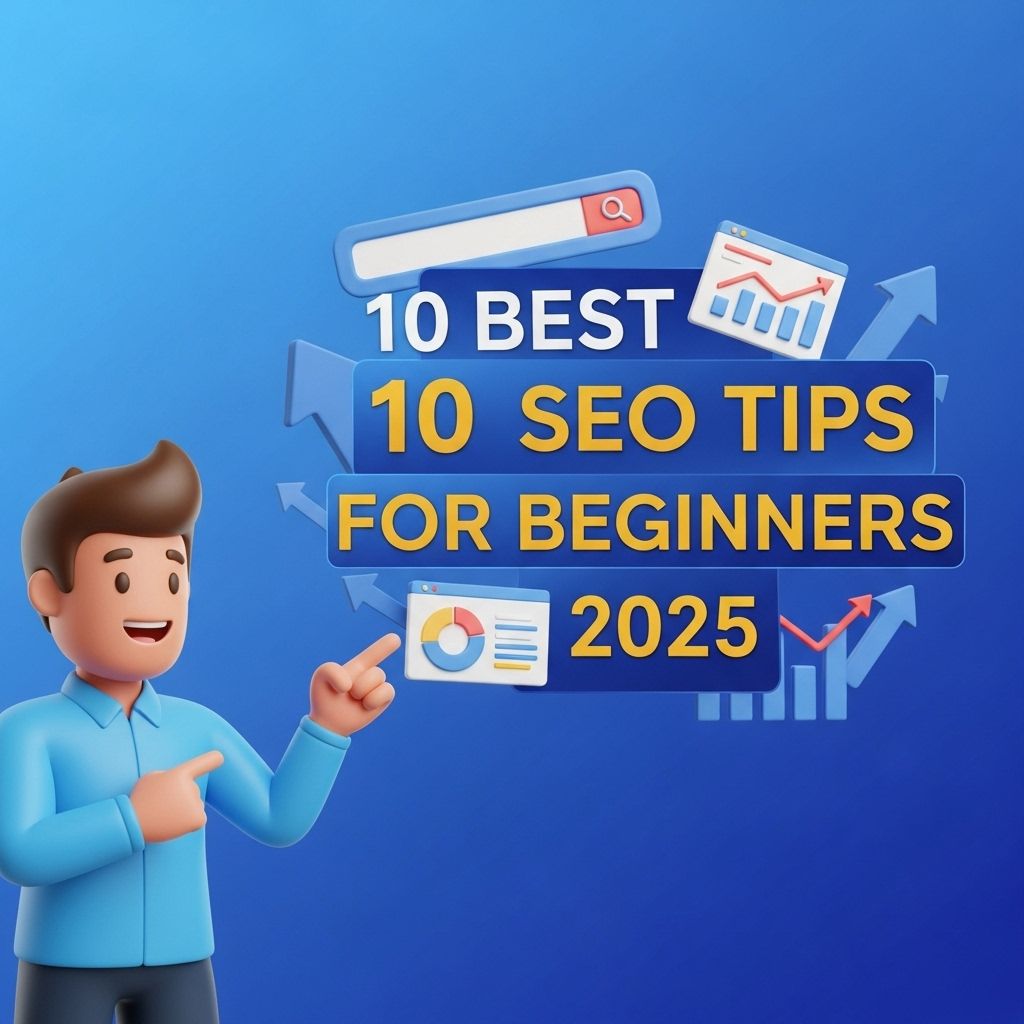Search Engine Optimization (SEO) is a crucial aspect of digital marketing that plays a significant role in driving traffic to websites. For beginners, understanding and implementing effective SEO techniques can be the difference between a website that thrives and one that is lost in the vast digital wilderness. This article will explore essential techniques that every newcomer should familiarize themselves with to enhance their online presence.
Understanding SEO Basics
Before diving into specific techniques, it’s vital to grasp what SEO encompasses. SEO refers to the practice of optimizing websites to rank higher in search engine results pages (SERPs) for specific keywords and phrases. By improving a site’s visibility, businesses can attract more visitors, which can ultimately lead to increased conversions and sales.
Key Components of SEO
- On-Page SEO: Refers to the optimization of individual web pages, including content, title tags, and internal links.
- Off-Page SEO: Involves activities external to the website, such as backlinks and social media engagement.
- Technical SEO: Focuses on the backend of the site, including site speed, mobile-friendliness, and structured data.
1. Keyword Research
Keyword research is the foundation of effective SEO. It involves identifying the terms and phrases that potential customers use in search engines. Understanding these keywords allows you to tailor your content to meet the needs of your audience.
Tools for Keyword Research
| Tool | Description |
|---|---|
| Google Keyword Planner | A free tool that provides keyword ideas and search volume data. |
| Ahrefs | A comprehensive SEO toolset that includes robust keyword research features. |
| SEMrush | A popular tool for keyword research, competitive analysis, and SEO audits. |
2. On-Page Optimization
Once you have identified your target keywords, the next step is to optimize your web pages for those terms. On-page optimization can significantly affect your search rankings.
Key On-Page Elements
- Title Tags: Include your primary keyword in the title tag of each page.
- Meta Descriptions: Craft compelling meta descriptions that entice users to click.
- Header Tags: Use
<h1>,<h2>, and<h3>tags to organize content effectively. - Image Alt Tags: Describe images using alt tags that include relevant keywords.
3. Quality Content Creation
High-quality content is a critical factor in SEO. Content should be informative, engaging, and provide value to readers. Search engines favor websites that deliver quality content consistently.
Content Strategies
- Create blog posts that address common questions in your niche.
- Utilize a mix of content types, such as articles, videos, and infographics.
- Regularly update existing content to keep it fresh and relevant.
4. Mobile Optimization
With the rise of mobile device usage, ensuring your website is mobile-friendly is paramount. Google prioritizes mobile-optimized sites in its rankings.
Mobile Optimization Tips
- Use responsive design to ensure your site adjusts to different screen sizes.
- Optimize images and videos for faster loading times on mobile.
- Avoid pop-ups that can hinder the user experience on mobile devices.
5. Page Speed Improvement
Fast-loading pages are essential for maintaining user engagement and improving SEO. According to studies, users tend to abandon sites that take too long to load.
Ways to Improve Page Speed
- Compress images to reduce their file size without sacrificing quality.
- Minimize the use of heavy scripts that slow down loading times.
- Leverage browser caching to enhance user experience.
6. Technical SEO
Technical SEO involves optimizing the infrastructure of your website, making it easier for search engines to crawl and index your pages.
Key Technical SEO Practices
- Ensure your site has an XML sitemap to help search engines understand its structure.
- Implement structured data markup to enhance search visibility.
- Check for broken links and fix them promptly to avoid losing traffic.
7. Link Building
Backlinks from reputable sites are crucial for SEO success. They signal to search engines that your content is valuable and trustworthy.
Effective Link Building Strategies
- Guest blogging on industry-related websites to earn backlinks.
- Creating shareable infographics that others will link back to your site.
- Engaging in social media to promote your content and increase visibility.
8. Utilize Analytics and Monitoring Tools
Analyzing your website’s performance is essential for tracking the success of your SEO efforts. Tools like Google Analytics provide valuable insights into user behavior and traffic sources.
Key Metrics to Monitor
- Organic traffic: The number of visitors coming from search engines.
- Bounce rate: The percentage of visitors who leave after viewing only one page.
- Conversion rate: The percentage of visitors who complete a desired action on your site.
9. Stay Updated with SEO Trends
The world of SEO is constantly evolving, with search engines frequently updating their algorithms. Staying informed about the latest trends and practices is vital for maintaining and improving your rankings.
Resources to Follow
- Google’s official Webmaster Blog for updates on algorithm changes.
- SEO forums and communities, such as Moz and Search Engine Journal.
- Webinars and online courses from established SEO experts.
10. Local SEO Techniques
For businesses that operate locally, optimizing for local search is critical. This involves focusing on local keywords and ensuring your business is listed in local directories.
Local SEO Best Practices
- Create and optimize your Google My Business listing.
- Encourage customer reviews and testimonials on your local pages.
- Use location-based keywords in your content and meta tags.
Conclusion
Implementing these ten SEO techniques can significantly enhance your website’s visibility and driving traffic. Remember that SEO is an ongoing process, and staying updated with the latest trends and strategies is essential for long-term success. By focusing on quality content, user experience, and adherence to SEO best practices, beginners can build a strong foundation for their online presence.
FAQ
What is SEO and why is it important for beginners?
SEO, or Search Engine Optimization, is the practice of optimizing your website to improve its visibility on search engines. It’s important for beginners because it helps drive organic traffic, increases brand awareness, and enhances user experience.
How can I conduct keyword research effectively?
You can conduct keyword research using tools like Google Keyword Planner, Ubersuggest, and SEMrush. Start by identifying relevant topics, then find keywords with a balance of search volume and competition.
What is on-page SEO and what are its key elements?
On-page SEO refers to the optimization of individual web pages to rank higher and earn more relevant traffic. Key elements include optimizing title tags, meta descriptions, headers, and content for targeted keywords.
Why is mobile optimization crucial for SEO?
Mobile optimization is crucial because a significant portion of web traffic comes from mobile devices. Google prioritizes mobile-friendly websites in its rankings, making it essential for user experience and SEO.
What role does content quality play in SEO?
Content quality is vital for SEO because search engines prioritize high-quality, relevant, and engaging content in their rankings. Creating valuable content helps attract and retain visitors, improving your site’s authority.
How can I build backlinks to improve my SEO?
You can build backlinks by creating high-quality content that others want to link to, guest blogging on reputable sites, and engaging in relevant online communities. Quality backlinks signal authority and relevance to search engines.




